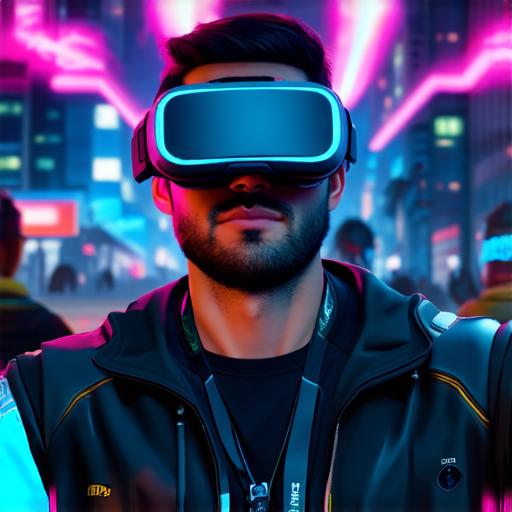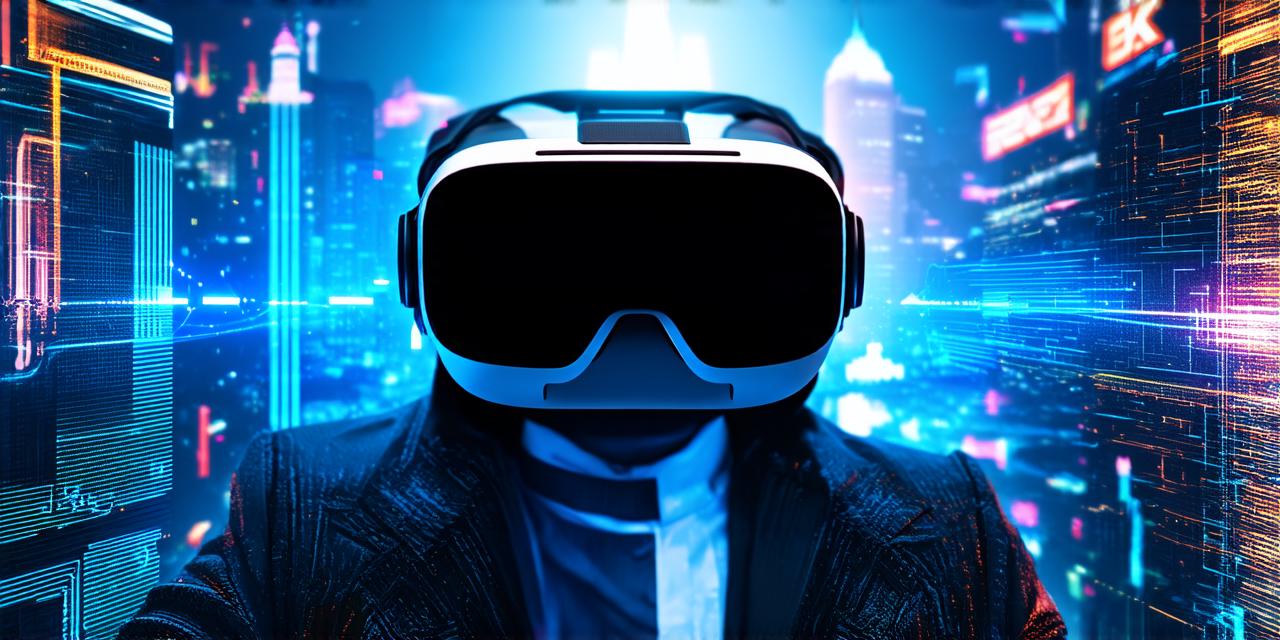
How will virtual reality affect our future?
Virtual reality (VR) is a computer-generated technology that allows users to experience and interact with a simulated environment in a way that feels like they are physically present. In recent years, VR has become increasingly popular for entertainment purposes, but it also holds significant potential for revolutionizing various aspects of our lives.

Table of Contents
ToggleThe Future of Virtual Reality
As VR technology continues to evolve, we can expect to see a wide range of applications and uses for this technology. Some potential areas where VR could have a significant impact include:
- Education: With VR, students can take virtual field trips to historical sites or explore the human body without leaving the classroom. This technology also allows for more interactive and engaging learning experiences.
- Medical training: Doctors and nurses can use VR simulations to practice surgeries and other medical procedures in a safe and controlled environment.
- Gaming and entertainment: VR gaming is already popular, but as the technology continues to improve, we can expect even more immersive and engaging experiences.
- Business and training: Virtual reality can be used for business meetings or training sessions, allowing participants to interact with each other and their environment in a way that feels like they are in the same room.
- Architecture and design: VR can be used to create detailed and realistic 3D models of buildings and other structures, making it easier for architects and designers to visualize and make changes to their designs.
- Tourism: With VR, people can take virtual tours of famous landmarks or natural wonders without ever leaving their homes.
- Mental health therapy: VR can be used as a tool for treating mental health conditions such as anxiety and PTSD by creating simulations of triggering situations and allowing patients to confront them in a controlled environment.
- Training and simulation: VR can be used for training people in a variety of fields, such as military, aviation, and emergency services.
The Potential Benefits of Virtual Reality
Virtual reality has the potential to revolutionize many aspects of our lives by providing new ways for us to interact with technology and each other. Some of the benefits of virtual reality include:
- Improved learning outcomes: VR can provide a more engaging and interactive way for students to learn, leading to better retention of information and improved academic performance.
- Increased immersion and engagement: Virtual reality can be used to create highly immersive and engaging experiences, which can lead to increased motivation and engagement.
- Enhanced communication and collaboration: VR can be used to bring people together in virtual environments, allowing them to interact with each other in a more natural and intuitive way.
- Cost-effective: Virtual reality can be used to replace expensive and time-consuming training methods, such as physical simulations or travel to remote locations.
- Safe and controlled: VR can be used to create safe and controlled environments for people to practice skills and confront challenges in a way that is not possible in real life.
- Accessible: Virtual reality technology is becoming more affordable and accessible, making it possible for more people to benefit from its potential uses.
- Environmental benefits: VR can be used to simulate and test solutions to environmental problems, such as climate change and pollution, without the need for physical experimentation.
Conclusion
Virtual reality is a powerful technology with significant potential for revolutionizing many aspects of our lives. As the technology continues to evolve and become more accessible, we can expect to see a wide range of applications and uses for virtual reality in the future. While there may be some challenges to overcome, such as concerns about addiction or the need for new skills, the benefits of virtual reality make it a compelling technology for the future.

